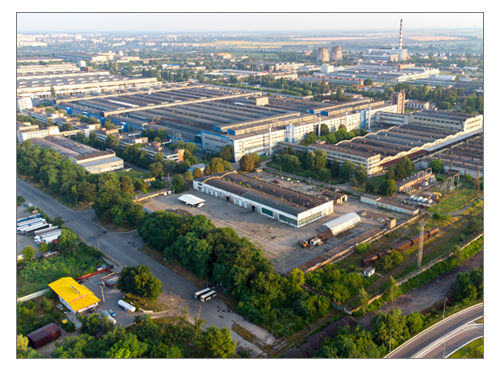India’s industrial real estate sector has emerged as a lucrative investment opportunity driven by the country’s rapid economic growth, increasing urbanization, and robust policy initiatives. Factors such as the expansion of e-commerce, the Make in India initiative, and the development of industrial corridors have catalyzed demand for quality industrial properties, including warehouses, manufacturing units, and logistics parks.
Key Drivers:
- Policy Support: Initiatives such as the Production-Linked Incentive (PLI) scheme, GST implementation, and the development of dedicated freight corridors have boosted industrial activities, encouraging investments in industrial real estate.
- E-Commerce Growth: The exponential rise in e-commerce has driven demand for high-grade warehousing and last-mile logistics facilities, particularly in Tier I and Tier II cities.
- Foreign Investments: The liberalization of FDI norms in construction and real estate has attracted global investors, with institutional players focusing on industrial assets as a high-growth segment.
- Strategic Locations: Proximity to ports, airports, and highways has become critical, with cities like Bengaluru, Pune, Ahmedabad, and NCR emerging as hotspots for industrial properties.
Benefits of Investment:
- High Rental Yields: Industrial properties often offer attractive rental yields compared to residential or retail real estate.
- Steady Demand: The demand for industrial spaces is relatively stable, driven by manufacturing, retail, and e-commerce sectors.
- Scalability: Investors can leverage the modular nature of industrial spaces to expand operations or diversify their portfolios.
- Infrastructure Development: The government’s emphasis on infrastructure enhancement, such as smart cities and logistics hubs, increases the long-term value of industrial properties.
Challenges:
- Land Acquisition: High land costs and regulatory complexities in some regions can affect project viability.
- Zoning and Compliance: Industrial properties are subject to strict zoning laws and environmental regulations, necessitating thorough due diligence.
- Market Maturity: Compared to developed markets, India’s industrial real estate sector is still evolving, which might involve higher risks.
Emerging Trends:
-
Green Warehousing: Sustainability-focused projects are gaining traction, with developers incorporating energy-efficient designs.
-
Technology Integration: Automation, IoT, and smart facility management systems are reshaping industrial property design and management.
-
Rise of Tier II and Tier III Cities: Affordable land and improving connectivity are driving industrial investments beyond traditional hubs.

